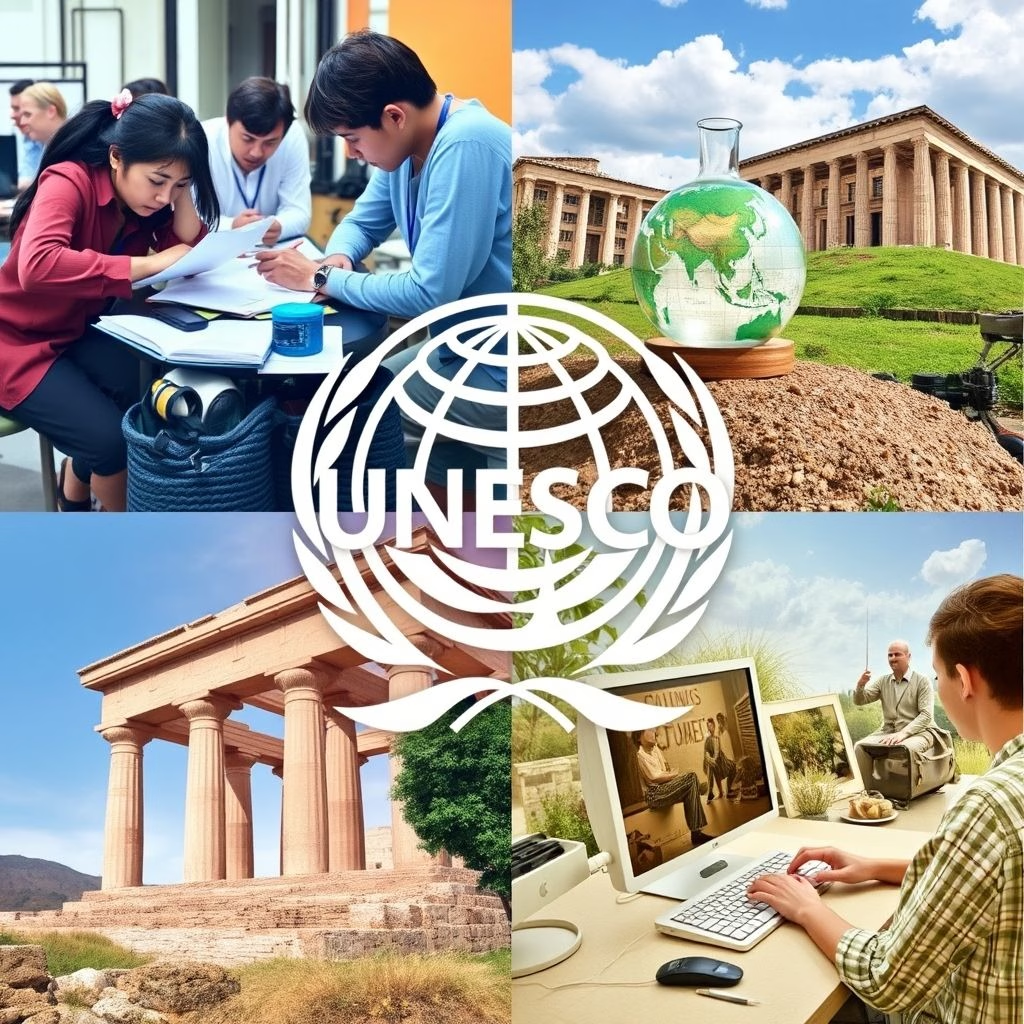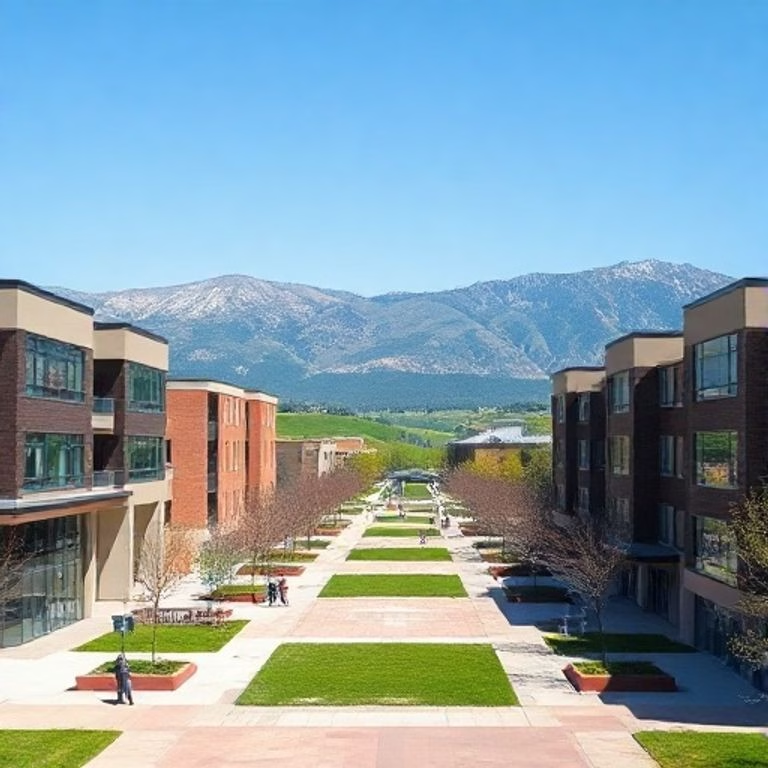UNESCO: Championing Peace and Progress Through Education, Science, and Culture

UNESCO: A Force for Global Good
In a world often fractured by conflict and misunderstanding, the United Nations Educational, Scientific and Cultural Organization (UNESCO) stands as a beacon of hope, working tirelessly to promote peace and security through international cooperation. Founded in 1945, in the wake of a devastating world war, UNESCO recognized that lasting peace must be built on intellectual and moral solidarity.
The Pillars of UNESCO’s Work
UNESCO’s mission is multifaceted, encompassing education, science, culture, communication, and information. Its core activities are deeply interconnected and work synergistically to foster a more just and sustainable world.
Education: Empowering Minds, Shaping Futures
One of UNESCO’s primary focuses is on education. The organization works to improve literacy rates globally, ensuring that everyone has access to quality education. This commitment extends from basic education to higher learning, aiming to empower individuals with the knowledge and skills they need to thrive.
Science: Advancing Knowledge, Addressing Challenges
UNESCO plays a crucial role in promoting scientific cooperation and advancing knowledge. It supports scientific research, particularly in areas critical to sustainable development, such as climate change, oceanography, and biodiversity conservation. The organization facilitates the sharing of scientific information and expertise across borders, fostering innovation and helping to address global challenges.
Culture: Preserving Heritage, Fostering Dialogue
Perhaps one of UNESCO’s most visible roles is the protection of cultural heritage. The organization’s World Heritage program identifies and safeguards sites of outstanding universal value, from ancient ruins to natural wonders. This work not only preserves historical and cultural treasures but also promotes intercultural dialogue and understanding. Through initiatives like the Intangible Cultural Heritage program, UNESCO also works to protect and promote traditions and customs that shape cultural identities worldwide. Preserving cultural heritage is seen as fundamental to fostering respect and appreciation for diverse societies and traditions. UNESCO actively promotes cultural exchange and cooperation among different cultures, fostering mutual understanding and respect.
Communication and Information: Bridging Gaps, Connecting Communities
UNESCO recognizes the vital importance of communication and information in fostering understanding and promoting peace. It works to promote freedom of expression, access to information, and media development. This includes initiatives to support journalists, protect media pluralism, and ensure that information is accessible to all.
Funding and Challenges
UNESCO’s work is funded primarily by contributions from its member states, supplemented by voluntary donations and other sources. While the organization has achieved considerable successes, it has also faced challenges throughout its history. These challenges include periods of member state withdrawals and rejoining, often reflecting evolving geopolitical landscapes and disagreements over the organization’s mandates and approaches.
The fluctuating commitment of member states can be a significant hurdle, as it impacts funding and the implementation of programs. Political tensions and disagreements over policies can also lead to internal divisions and setbacks. Despite these challenges, UNESCO has consistently strived to adapt and evolve to remain relevant and effective in a changing world.
A Legacy of Impact
UNESCO has made a significant contribution to addressing global challenges. Its efforts have demonstrably reduced illiteracy rates, advanced scientific knowledge, protected cultural heritage, and fostered intercultural dialogue. Its initiatives have provided critical support for education in developing countries, preserving historical sites, and promoting media freedom. The organization’s influence extends far beyond its direct actions, as it sets international standards and inspires action by governments, civil society organizations, and individuals.
From safeguarding historic sites like the temples of Angkor Wat in Cambodia to promoting scientific cooperation through programs like the International Oceanographic Commission, UNESCO’s impact is global and far-reaching. The organization’s dedication to its mission, coupled with its ability to adapt and innovate, ensures that it will continue to play a crucial role in shaping a more peaceful and sustainable future.
The legacy of UNESCO is one of unwavering dedication to international cooperation. Through its focus on education, science, culture, and communication, the organization strives to build a world where understanding prevails, where human dignity is respected, and where sustainable development is a shared responsibility.
Further Reading
For more detailed information, please consult the following resources:
- https://www.unesco.org/en
- https://en.wikipedia.org/wiki/Unesco
- https://www.britannica.com/topic/UNESCO




